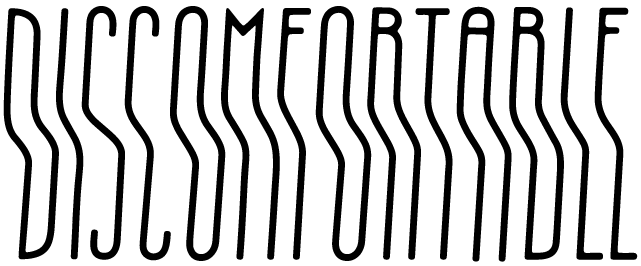It all started when I made an offhand joke to my young nephew that monsters lived in the basement of his cabin. Apparently, he believed me and refused to go into the basement after that. My brother texted me, not impressed, but I didn’t even remember having said it (though it certainly sounded like something I probably would say). So the next time I saw my nephew, I explained that there weren’t actually monsters in the basement, that I was just “joking”. And he replied, “That’s okay A.J., that was before I knew about lying.”
This idea that he didn’t know about lying kind of blew my mind. It reminded me of the saying, you don’t know what you don’t know. Not only did my nephew not realize I was lying, he didn’t realize that I even could be lying. He didn’t realize that lying existed, or even understand lying as a mere concept. It makes sense, of course, how else do we know about lying unless someone else teaches us about it first? But it reveals the frailty and fallibility of our whole belief system. Our core beliefs and identity are created and crystalized in our childhood, but that is also the time in which we are the most naive, ignorant, and susceptible to misinformation.
I think this is a perfect example of the way shame and cultural conditioning insidiously control our lives. Though I’d like to think I was a savvy and intelligent kid, on a very deep level, I never fully realized that my core beliefs about the “rules” of the world were just that, beliefs. I took many of them to be facts about reality, based on how ubiquitous they were in my cultural experience and how shame and conditioning had done such a powerful job turning them into embodied beliefs. Messages like, “Being gay is bad” felt deeply real and objective to me. I didn’t know what I didn’t know, which was that they were just the arbitrary opinions inherited from my personal experiences during a temporarily homophobic period of history.
The worst part was, my brain actually chose to believe them, unconsciously at least, mostly because it didn’t realize or believe it had any other option. This is why I think Shame Ed is so important. It takes education to empower people to think outside of their shame bubble. That’s the only way you can know what you don’t know!
Once my nephew learned about lying, he realized that he actually had a choice in what he believed. He no longer had to accept everything his weird uncle told him about the world as real. The same is true for shame and our cultural conditioning about what is “right” and “wrong”. It feels powerful and true — because shame is designed to keep us in conformity with our social in-group — but it’s actually not. We have a choice, a responsibility in fact, to decide for ourselves what we believe, value, and want out of life. We choose our own purpose and meaning, either consciously or not.



